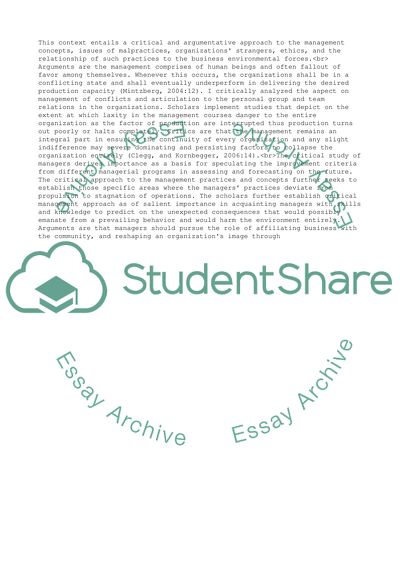Cite this document
(What does it mean to study management critically Essay, n.d.)
What does it mean to study management critically Essay. Retrieved from https://studentshare.org/management/1788568-what-does-it-mean-to-study-management-critically
What does it mean to study management critically Essay. Retrieved from https://studentshare.org/management/1788568-what-does-it-mean-to-study-management-critically
(What Does It Mean to Study Management Critically Essay)
What Does It Mean to Study Management Critically Essay. https://studentshare.org/management/1788568-what-does-it-mean-to-study-management-critically.
What Does It Mean to Study Management Critically Essay. https://studentshare.org/management/1788568-what-does-it-mean-to-study-management-critically.
“What Does It Mean to Study Management Critically Essay”. https://studentshare.org/management/1788568-what-does-it-mean-to-study-management-critically.


